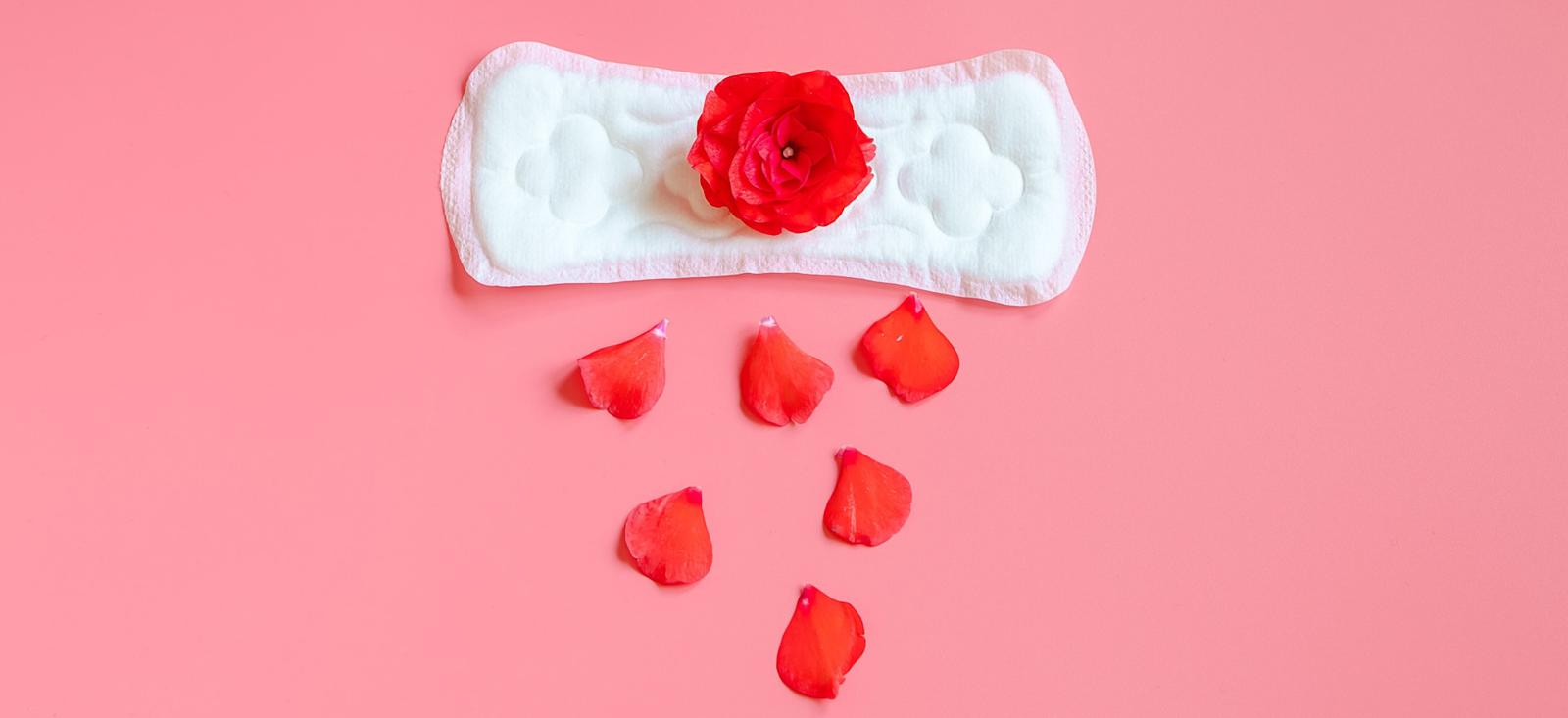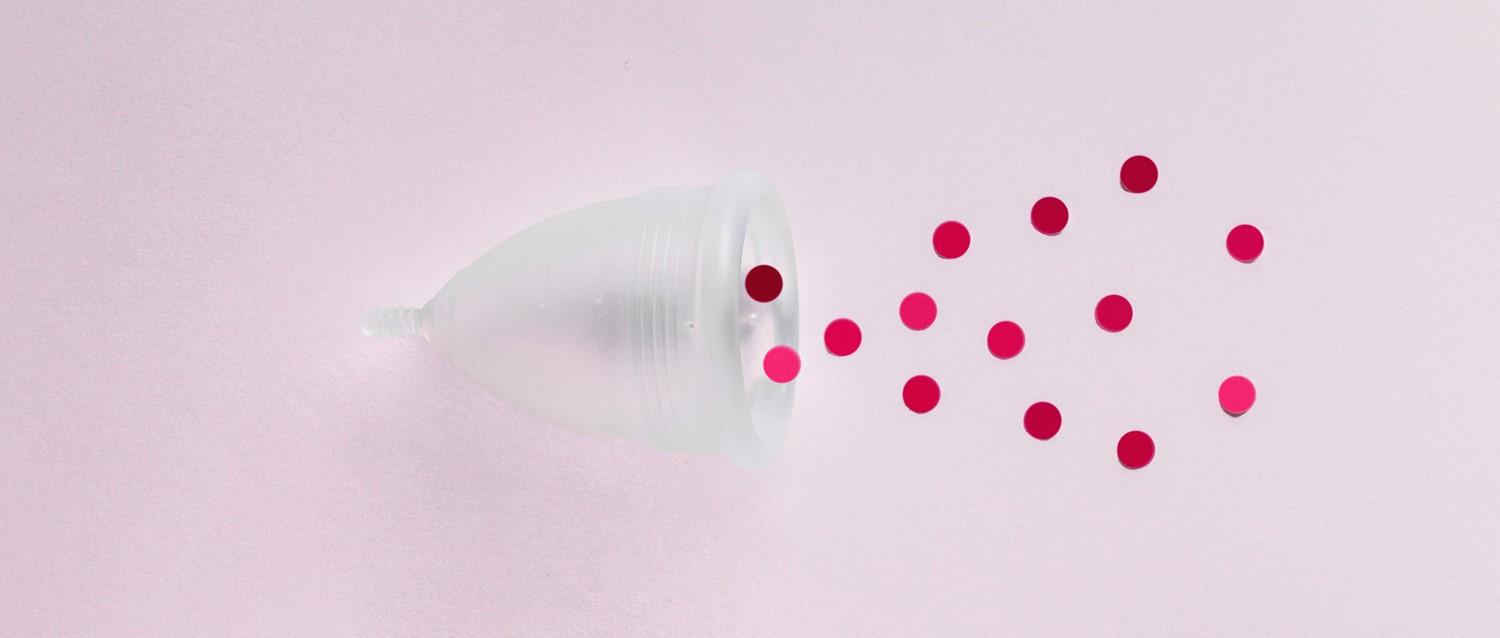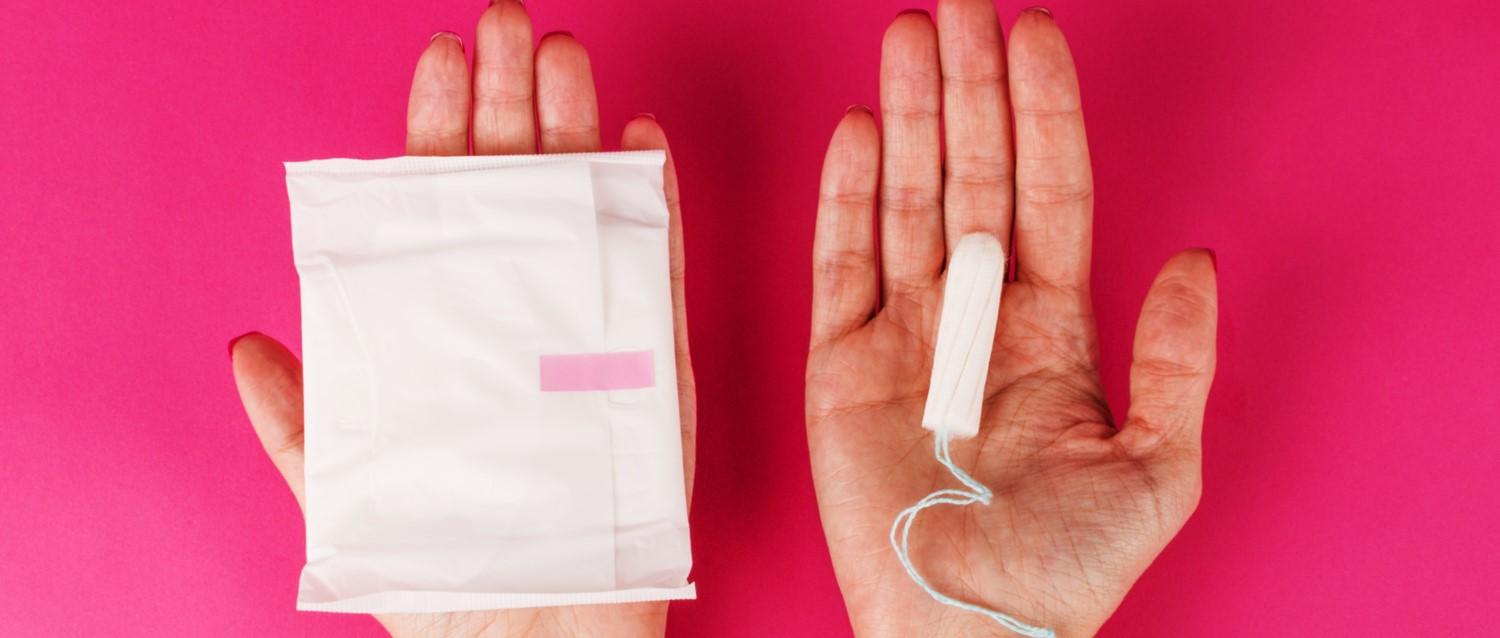
How to manage your period in school
Peer reviewed by Dr Krishna Vakharia, MRCGPAuthored by Amberley DavisOriginally published 9 Oct 2023
Meets Patient’s editorial guidelines
- DownloadDownload
- Share
- Language
- Discussion
Most girls start their periods between 9 and 16 years old, and around half are dealing with them by age 12. This makes school a main setting for first periods, painful cramps, and heavy flows - all of which can be hard for girls to navigate without the right know-how.
Our guide to periods at school is here to help get you or your child period-ready in the classroom. We explore tips and tricks to ease period pain and manage heavy periods, before asking if UK schools are doing enough to support hygienic and discreet period care.
In this article:
Continue reading below
If you start your period in school
Don't worry, it's completely normal to start your first period at school, and many of your classmates and teachers will have gone through this experience.
There are some giveaway signs that you might start your periods soon - take our quiz to get a better idea of when this could be.
It can be a good idea to carry a panty liner or sanitary pad in your schoolbag even before you've started, just in case. These are small, light, and easy to store in an inside pocket or small bag if you don't want anyone to see it. Hey Girl's Time of The Month book shows you how to use them and other types of period products.
If you're caught unawares, your school nurse will be able to help, or if you can't find them ask a female teacher - they will have had to manage periods in school when they were young too. Many UK schools now also provide free period products in their toilets, libraries, other communal areas, and on request through teachers.
If you have painful and heavy periods
Periods are a natural part of life, but sometimes period problems are linked to health conditions you may not know about. If you're in a lot of pain or producing a lot of blood that's making normal tasks really difficult - like focussing in class or enjoying breaktime - speak to a parent, carer, or female teacher you trust. In some cases, it's worth visiting a doctor to check if nothing else is wrong.
There is a handy period workbook in Hey Girl's Time of The Month book that you can use to note down your symptoms and worries. You may find this easier to show someone than trying to explain.
How to stop period cramps at school
At school, we can't curl up in bed with a hot water bottle when period pain strikes. But there are things you can do to help ease cramps and make your school day easier.
Drink plenty of water throughout the day - this simple habit reduces period pain1.
Try exercising at break and lunch - this may not be something you want to do when in pain, but even gentle exercise, like walking around, can help ease cramps by increasing your blood circulation2.
Eat foods that soothe period cramps - fruits, vegetables, oily fish, nuts, and seeds can all help pain by reducing muscle contractions and inflammation in the body. Try snacking on bananas or walnuts, or for a little treat, dark chocolate can also relax your tummy muscles3.
Avoid foods that make cramps worse - foods containing lots of sugar and salt can trap fluid in your tummy and increase your cramps.
Ask your parent or guardian if you can have paracetamol before school - you won't be able to take these with you because schools don't allow students to take medicines without their knowledge. However, your parent or guardian can write your school a note that gives staff permission to give you paracetamol during the day if you need it.
Be prepared for the days you're likely to be in most pain - sometimes cramps can come on suddenly, but if you note down the days it’s bad in a diary or an app you can predict when these symptoms may happen again the next month. You'll need to do this over a few periods to get an idea of how long you have in between them, as this can range between 21-35 days depending on the person.
Try other pain relieving techniques at home - treatments you try in-between schooltime may help you cope better when you're there.
How to manage heavy periods at school
It's normal to worry about leaking through your pants, especially if you start your period during lesson time. In reality, most of us only lose around 50ml of blood over a period, which is just three tablespoons of liquid, and this comes out gradually over several days. Some people have naturally heavier periods - and these tips and tricks can help.
Take a number of pads, tampons, or other period products to school with you each day - so you can change as often as you need. You might need to change every 3-6 hours when it's heaviest and 4-8 hours when it gets lighter. However, change more often if you need to.
Use toilet trips to check if you need to change - you'll see how full your pads or period pants are which can help you decide if you need a fresh pair before next lesson.
Use a tampon and pad at the same time - heavy periods may fill up tampons quite quickly, but using both together can give you more time in between changes and give you peace of mind that a full tampon can't leak into your pants.
Choose the right period product for you - it's important to use the period products you're most comfortable in, but if you have heavy periods it may be useful to know which absorb the most blood, meaning you'll need to change them less often. A study found that menstrual discs could absorb the most (61ml), heavy/ultra-style tampons, pads, and cups held similar amounts (20-50ml), and period pants held the least (2ml)4.
Speak to your teachers privately - even if your school has a no-toilet-during-lessons policy, most teachers understand that if you have a period you need to go.
Bring a note to school - if your parents or carers know your periods can be heavy, they can write a note to your teachers explaining that you may need to visit the toilet during class.
Know what to do if you do leak - you'll find it's not the end of the world. All that's likely to happen is a stain on your pants that no one will see. Still, if you want to remove a stain a little cold water and salt from the canteen should do the trick. Or, if you're used to heavy periods, maybe pack a spare pair of pants for reassurance.
Remember, you don't need to change a tampon every time you go to the toilet - but never leave a tampon in for more than eight hours, due to risk of toxic shock syndrome (TSS), a serious and potentially life-threatening infection.
Can I play PE or go swimming?
Period products are designed to let you carry on with your usual activities without worrying about leaks. However, for swimming you need a tampon, period cup, or period disc - no pads or period pants - that you replace once out the water. There are also specific swimming pants for periods - if this is what you are most comfortable with. If you have very heavy periods and are still worried about leaks, tell your parent, carer, or teacher.
If your periods are too heavy for physical activities you should speak to your doctor.
Continue reading below
For parents - is the UK doing enough?
Free school period products
1 in 10 girls in the UK can't afford period products5, and period poverty made headlines in 2017 over girls missing school because they couldn't get them. To tackle this, schools across the UK provide free period products, but not everywhere. Currently, schools in Scotland and Ireland are required to do this by law, but schemes in England and Wales are optional and many schools there don't stock tampons and pads. In September 2023, the Lib Dems passed a motion to make this a legal requirement in England.
As a parent, you could:
Ask the school if they have them - one of the problems in England and Wales is that some schools that do stock tampons and pads are not telling this to students and parents.
Encourage the school to stock them - if they don't provide free tampons and pads, you can use this Free Periods template letter to encourage them to do so.
Encourage the school to promote them - if they do provide them but you weren't aware, the chances are many other parents and students are also in the dark. Encourage them to promote these in school assemblies, parent newsletters, and on their website. Products should also not be difficult for students to get their hands on - especially in an emergency if they're caught out. Period products should be obviously displayed in school toilets and communal areas.
Asking to leave class
The need for girls on their period to leave class has always crossed with no-toilet-trips policies. Like many teachers, Portsmouth secondary school teacher Harry lets students go to the toilet when they explain they're on their period. But not all teachers have the same approach. "I've had to comfort a girl crying because her teacher wouldn't let her go to the toilet and she thought she'd leaked," says Harry.
In February 2023, the controversial red card pass - a red card for students on their periods to hold up in class when they need the toilet - sparked riots in several schools across England. Parents and students were outraged that teenage girls had no right to discretion and were expected to advertise their periods to their peers, while others who had forgotten their passes weren't allowed to leave class. With no national policy protecting the needs and privacy of girls in lessons, their experience depends on each school's policy and the attitude of their teachers.
As a parent, you could:
Make the school aware when your child is on their period - and that you give permission for them to go to the toilet during class. "I advise younger students to bring in a note or get their parents to call ahead if they're on their period," says Harry.
Tell the school about any health conditions linked to period problems - if your child has a condition that makes their periods more painful and heavy, like endometriosis, explain to the school that they must be excused from class if they need the toilet or to see the school nurse.
Report incidences that have affected your child - for example, if your child became distressed because they weren't able to check for leaks, call or email the school to explain why you're not happy with their policy.
Further reading
Patient picks for Periods and period problems

Women's health
Menstrual cups as safe and effective as pads and tampons
The first ever scientific review of menstrual cups has found that they are safe to use and are as, if not more, effective than other sanitary products.
by Milly Evans

Women's health
How to alter your language around menstruation to be more inclusive
Inclusive language is really important, especially when talking about menstruation. Not only can inclusive language help to dismantle the stigma and shame many feel about having periods, but it allows those who require it access to essential information and resources.
by Emily Jane Bashforth
Continue reading below
Article history
The information on this page is peer reviewed by qualified clinicians.
9 Oct 2023 | Originally published
Authored by:
Amberley DavisPeer reviewed by
Dr Krishna Vakharia, MRCGP

Ask, share, connect.
Browse discussions, ask questions, and share experiences across hundreds of health topics.

Feeling unwell?
Assess your symptoms online for free
Sign up to the Patient newsletter
Your weekly dose of clear, trustworthy health advice - written to help you feel informed, confident and in control.
By subscribing you accept our Privacy Policy. You can unsubscribe at any time. We never sell your data.